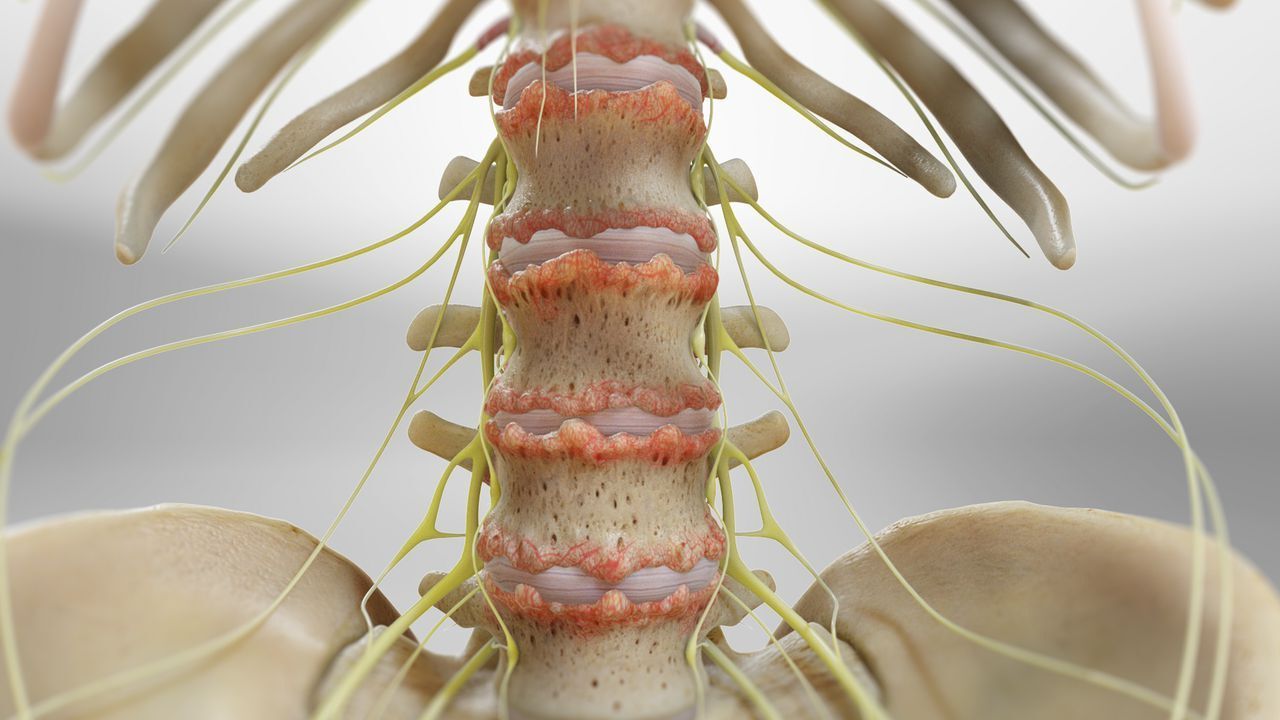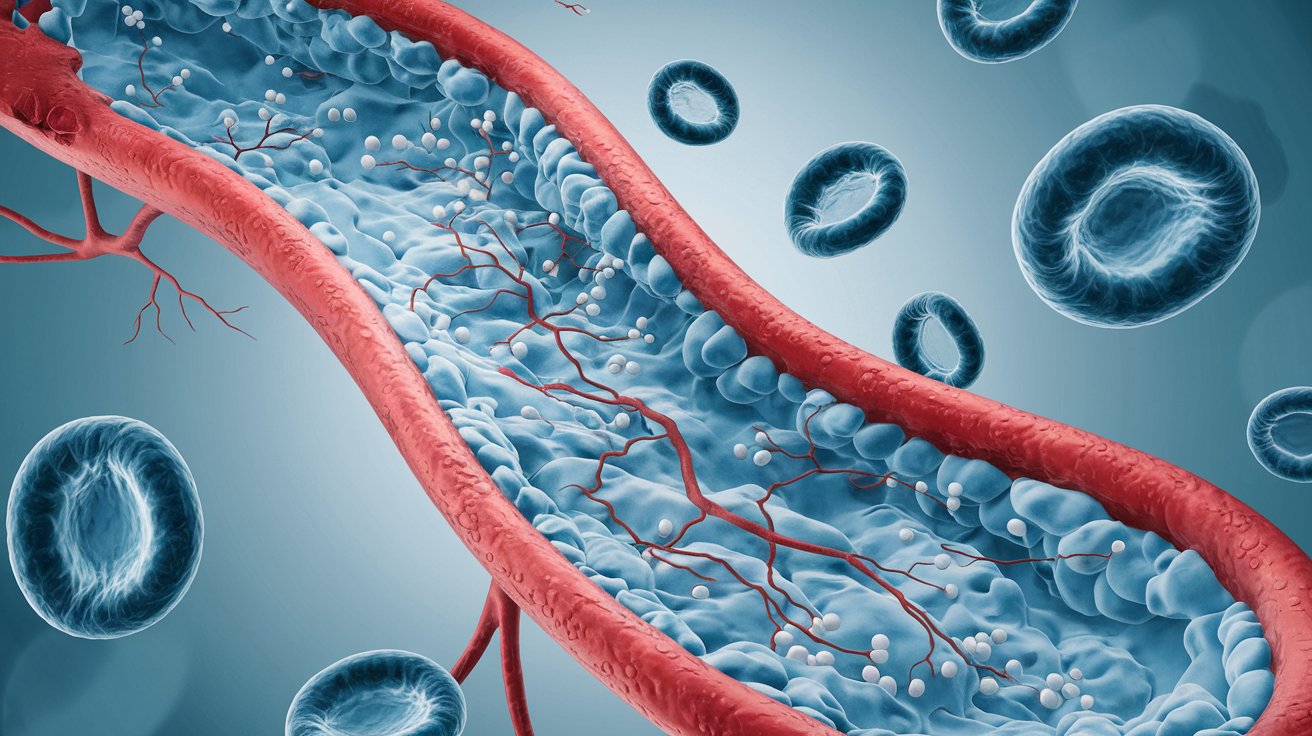
Ankylosing Spondylitis (AS) is a type of arthritis that primarily affects the spine, causing inflammation, pain, and stiffness. But what exactly is Ankylosing Spondylitis? In simple terms, it’s a chronic condition where the vertebrae in the spine can fuse over time, leading to a less flexible spine and a hunched posture. This condition can also affect other joints and organs. Why should you care? Because early diagnosis and treatment can significantly improve quality of life. Understanding the symptoms, risk factors, and treatment options is crucial for managing AS effectively. Whether you or someone you know is dealing with this condition, gaining knowledge about it can make a world of difference.
What is Ankylosing Spondylitis?
Ankylosing Spondylitis (AS) is a type of arthritis that primarily affects the spine, although other joints can be involved. It causes inflammation of the spinal joints, leading to severe, chronic pain and discomfort. Here are some intriguing facts about this condition.
-
Chronic Condition: AS is a long-term disease that can last for years or even a lifetime. It requires ongoing management and treatment.
-
Inflammatory Disease: Unlike other forms of arthritis, AS is characterized by inflammation, which can lead to the fusion of the vertebrae.
-
Autoimmune Disorder: AS is an autoimmune disease, meaning the body's immune system mistakenly attacks its own tissues.
Symptoms of Ankylosing Spondylitis
Recognizing the symptoms early can help in managing AS more effectively. Here are some common signs to look out for.
-
Back Pain: Persistent pain and stiffness in the lower back and hips, especially in the morning and after periods of inactivity.
-
Neck Pain: Pain and stiffness can also affect the neck and other parts of the spine.
-
Fatigue: Chronic fatigue is a common symptom due to the body's ongoing battle with inflammation.
-
Reduced Flexibility: Over time, AS can lead to a loss of spinal flexibility, making it difficult to bend or twist.
Causes and Risk Factors
Understanding what causes AS and who is at risk can help in early detection and management.
-
Genetic Factors: The HLA-B27 gene is strongly associated with AS. People with this gene are more likely to develop the condition.
-
Family History: Having a family member with AS increases your risk of developing the disease.
-
Age and Gender: AS typically begins in late adolescence or early adulthood. It is more common in men than in women.
Diagnosis of Ankylosing Spondylitis
Early diagnosis is crucial for effective treatment. Here are some methods used to diagnose AS.
-
Physical Examination: Doctors often start with a physical exam to check for signs of inflammation and reduced range of motion.
-
Imaging Tests: X-rays and MRI scans can reveal changes in the spine and other joints.
-
Blood Tests: Tests for markers of inflammation and the HLA-B27 gene can support the diagnosis.
Treatment Options
While there is no cure for AS, various treatments can help manage symptoms and improve quality of life.
-
Medications: Nonsteroidal anti-inflammatory drugs (NSAIDs) are commonly used to reduce pain and inflammation.
-
Physical Therapy: Regular exercise and physical therapy can help maintain flexibility and strength.
-
Biologic Drugs: These medications target specific parts of the immune system to reduce inflammation.
-
Surgery: In severe cases, surgery may be necessary to repair damaged joints or correct spinal deformities.
Lifestyle and Home Remedies
Making certain lifestyle changes can significantly impact the management of AS.
-
Exercise: Regular physical activity can help keep the spine flexible and reduce pain.
-
Posture: Maintaining good posture can prevent the spine from becoming stiff and curved.
-
Diet: Eating a balanced diet rich in anti-inflammatory foods can help manage symptoms.
-
Quit Smoking: Smoking can worsen AS symptoms and increase the risk of complications.
Complications of Ankylosing Spondylitis
If left untreated, AS can lead to several complications that affect overall health.
-
Spinal Fusion: In severe cases, the vertebrae can fuse together, leading to a rigid spine.
-
Eye Inflammation: Uveitis, an inflammation of the eye, is a common complication of AS.
-
Heart Problems: AS can increase the risk of heart disease and other cardiovascular issues.
-
Lung Issues: Inflammation and spinal changes can restrict lung function.
Living with Ankylosing Spondylitis
Living with AS requires ongoing management and support. Here are some tips to help cope with the condition.
-
Support Groups: Joining a support group can provide emotional support and practical advice.
-
Education: Learning about AS can help you understand the condition and manage it more effectively.
-
Stress Management: Techniques like meditation and yoga can help reduce stress and improve overall well-being.
-
Regular Check-ups: Regular visits to the doctor can help monitor the condition and adjust treatment as needed.
Research and Future Directions
Ongoing research is crucial for understanding AS better and developing new treatments.
-
Genetic Research: Studies on the HLA-B27 gene and other genetic factors are helping to uncover the causes of AS.
-
New Medications: Researchers are developing new drugs that target specific pathways involved in inflammation.
-
Stem Cell Therapy: Experimental treatments like stem cell therapy hold promise for the future.
Myths and Misconceptions
There are many myths about AS that can lead to misunderstandings. Here are some common ones debunked.
-
Only Affects the Elderly: AS often starts in young adults, not the elderly.
-
Just Back Pain: AS affects more than just the back; it can impact other joints and organs.
-
Exercise is Harmful: Regular exercise is beneficial and can help manage symptoms.
Famous People with Ankylosing Spondylitis
Several well-known individuals have lived with AS, raising awareness about the condition.
-
Mick Mars: The guitarist for Mötley Crüe has been open about his battle with AS.
-
Dan Reynolds: The lead singer of Imagine Dragons has spoken publicly about his experiences with AS.
-
Mike McCready: Pearl Jam's guitarist has also shared his journey with AS.
Support and Resources
Finding the right support and resources can make a big difference in managing AS.
-
National Ankylosing Spondylitis Society (NASS): Provides information, support, and advocacy for people with AS.
-
Spondylitis Association of America (SAA): Offers resources, support groups, and educational materials for those affected by AS.
Final Thoughts on Ankylosing Spondylitis
Ankylosing Spondylitis (AS) is a chronic condition that affects many people worldwide. Understanding its symptoms, treatments, and lifestyle adjustments can make a big difference in managing the disease. Early diagnosis and regular medical check-ups are crucial for slowing its progression. Staying active, maintaining good posture, and following a healthy diet can help alleviate some symptoms. Support from family, friends, and support groups also plays a vital role in coping with AS.
Remember, while AS can be challenging, many people lead fulfilling lives with proper management. Knowledge is power, and staying informed about the latest research and treatment options can empower those affected by AS. If you or someone you know is dealing with AS, don't hesitate to seek professional medical advice and support.
Was this page helpful?
Our commitment to delivering trustworthy and engaging content is at the heart of what we do. Each fact on our site is contributed by real users like you, bringing a wealth of diverse insights and information. To ensure the highest standards of accuracy and reliability, our dedicated editors meticulously review each submission. This process guarantees that the facts we share are not only fascinating but also credible. Trust in our commitment to quality and authenticity as you explore and learn with us.


